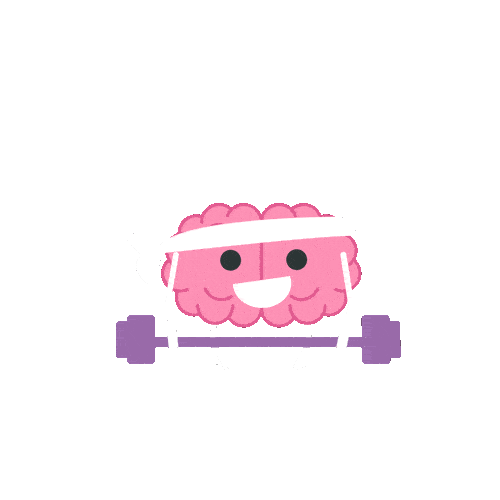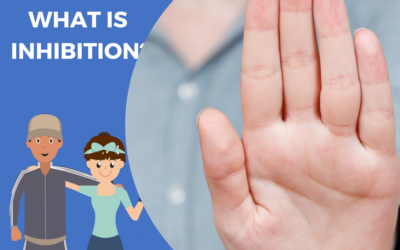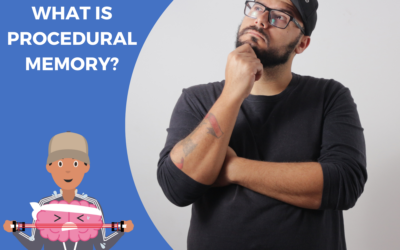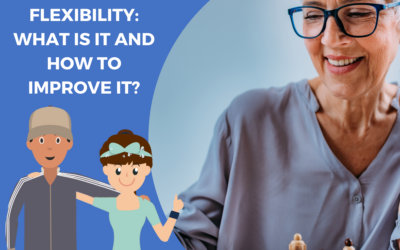In today’s educational landscape, inclusive education plays a pivotal role in ensuring that every child, regardless of their abilities or challenges, has access to quality learning opportunities. With the advent of technology, special needs apps have emerged as powerful tools that facilitate inclusive education and make learning more engaging and accessible for children with ADHD and other learning differences. According to the Centers for Disease Control and Prevention (CDC), approximately 6.1 million children in the United States (9.4% of children aged 2-17) have been diagnosed with ADHD as of 2016. This highlights the significance of addressing the needs of children with ADHD in educational settings. Our coach will dive into the world of special needs apps, focusing specifically on ADHD apps, and explore how they are revolutionizing inclusive education.
Understanding ADHD
Before delving into the world of ADHD apps, let’s briefly understand what ADHD is. Attention Deficit Hyperactivity Disorder (ADHD) is a neurodevelopmental condition that affects children and can persist into adulthood. Individuals with ADHD often struggle with attention span, impulse control, and hyperactivity. These challenges can significantly impact their ability to focus and learn effectively in traditional educational settings.
The Rise of ADHD Apps
Over the years, the field of educational technology has witnessed a surge in the development of ADHD apps. These apps leverage the power of smartphones, tablets, and computers to provide personalized and interactive learning experiences that cater to the unique needs of children with ADHD. By incorporating elements such as gamification, visual aids, and structured routines, these apps aim to improve attention, executive functioning, and self-regulation skills.
Exploring the Benefits
Special needs apps, particularly ADHD apps, have revolutionized inclusive education by providing personalized, engaging, and effective learning experiences for children with ADHD
1. Enhanced Focus and Attention
Children with ADHD often struggle with maintaining focus and attention in traditional educational settings. However, with the help of specialized apps, their ability to concentrate and engage in learning can be significantly enhanced. These apps utilize interactive features, captivating visuals, and targeted exercises to capture the attention of ADHD children and keep them actively engaged in the learning process. By providing a dynamic and stimulating environment, these apps effectively improve focus and attention span, allowing children to grasp and retain key concepts more effectively. With the power of technology, enhanced focus and attention become attainable goals, enabling ADHD children to unlock their full potential and thrive academically.
ADHD apps often employ engaging activities and interactive features that capture the attention of children with ADHD. By presenting information in a visually stimulating manner, these apps can help improve focus and sustain attention, enabling students to grasp key concepts more effectively.
2. Personalized Learning
One of the greatest advantages of ADHD apps is their ability to offer personalized learning experiences. These apps can adapt to individual learning styles and pace, allowing children to learn at their own speed. By tailoring content and challenges based on the user’s abilities, ADHD apps create a supportive environment that nurtures growth and progress.
3. Skill Development and Reinforcement
ADHD apps provide a variety of exercises and activities designed to target specific skills such as time management, organization, and self-regulation. Through consistent use, these apps can help children with ADHD develop and reinforce these essential skills, promoting independence and academic success.
4. Improved Engagement and Motivation
Traditional teaching methods often struggle to captivate the attention of children with ADHD. However, ADHD apps leverage interactive elements, rewards, and progress tracking to boost engagement and motivation. By making learning fun and rewarding, these apps encourage active participation and help students stay motivated throughout their educational journey.
Top ADHD Apps to Explore
In the digital age, educational apps have emerged as powerful tools to support children with ADHD in their academic journey. These specialized apps harness the potential of technology to provide tailored learning experiences that cater to the unique needs of students with attention deficit hyperactivity disorder (ADHD). By incorporating interactive features, engaging activities, and personalized content, educational apps empower children with ADHD to enhance their focus, develop essential skills, and succeed academically. With a wide range of apps available, these digital resources offer a convenient and accessible way to supplement traditional teaching methods, making learning more engaging, inclusive, and enjoyable for children with ADHD. Whether it’s improving time management, organizational skills, or promoting self-regulation, educational apps have revolutionized the way we support and educate students with ADHD, unlocking their true potential and fostering a love for learning. A study published in the Journal of Attention Disorders found that the use of technology, including apps, can significantly improve the executive functioning skills of children with ADHD. The study reported a 28% improvement in working memory and a 27% improvement in inhibitory control. Moreover, a research study published in the Journal of Learning Disabilities found that personalized learning approaches, such as those offered by special needs apps, can lead to significant improvements in academic outcomes for students with ADHD. The study reported increased task completion, improved time management skills, and enhanced self-regulation abilities.
- Focus@Will: This app provides specially curated music tracks scientifically designed to improve concentration and focus. It offers a unique audio experience that can be personalized to suit individual preferences and learning environments.
- EpicWin: Combining elements of a to-do list and a role-playing game, EpicWin turns everyday tasks into exciting quests. By gamifying productivity, this app promotes task completion, time management, and goal-setting skills.
- Todoist: As a powerful task management app, Todoist helps students stay organized and manage their assignments effectively. With features such as due dates, reminders, and prioritization, it supports students in breaking down complex tasks into manageable steps.
- MyHomework Student Planner: This app serves as a digital planner that helps students keep track of assignments, due dates, and exams. With its intuitive interface and customizable features, it simplifies the organization of academic responsibilities.
- Coco THINKS and COCO MOVES:
Discover the COCO THINKS and COCO MOVES app
The COCO THINKS and COCO MOVES app contains more than 30 educational games to work on English, math, logic, memory or attention.
In addition, the application imposes a sports break every 15 minutes of screen time to teach a measured use of screens.
Much smarter than a parental control!
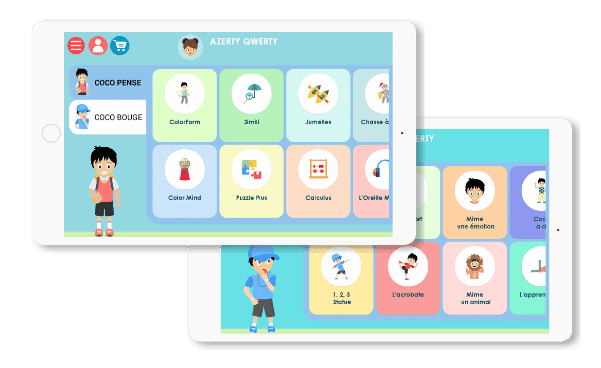
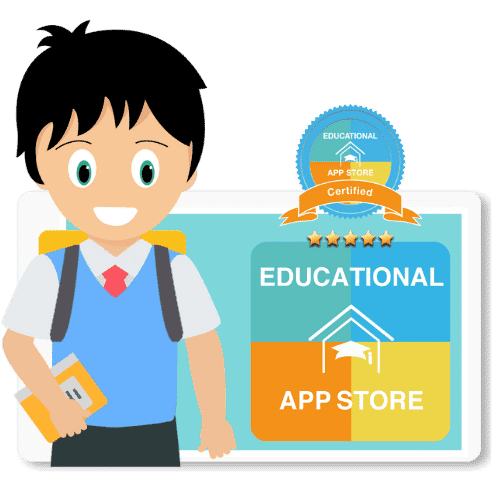
Develop their intelligence
Find more than 30 educational games to help them work on English, math, logic, memory or attention.
The physical games complete their learning.
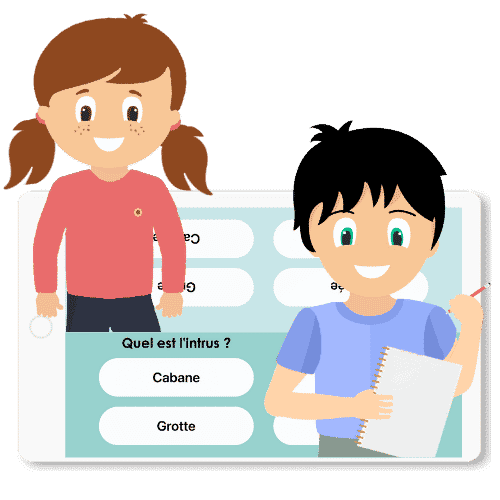
Play together
The COCO THINKS and COCO MOVES program is used at school or at home.
The children can play together on the same tablet.
The tablet is then only a mediation, and it boosts their cerebral development.
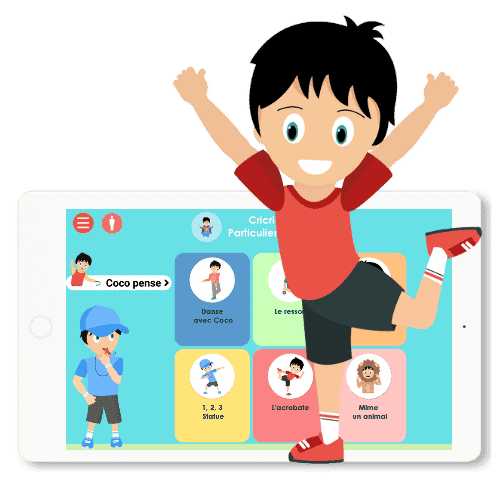
Do some exercise
This allows children to learn to use screens in moderation.
Way smarter than a parental control!
ADHD apps often incorporate gamification elements, turning the journey of self-improvement into an enjoyable experience. Rewards, badges, and progress tracking not only motivate users but also create a sense of accomplishment and pride in their efforts. The apps come in various forms, catering to different needs and preferences. Some focus on assisting with time management, offering reminders, timers, and schedules to help individuals stay on track and complete tasks efficiently. Others provide tools for organizing thoughts, notes, and to-do lists, aiding in better information management and reducing the likelihood of forgetfulness or disarray.
While ADHD apps offer tremendous potential, it is important to acknowledge that they are not a replacement for professional medical advice or therapy. They should be seen as complementary tools that can enhance existing treatments and strategies. However, they can serve as invaluable companions, empowering individuals with ADHD to take control of their lives, harness their strengths, and navigate the challenges they face.
COCO THINKS
and COCO MOVES
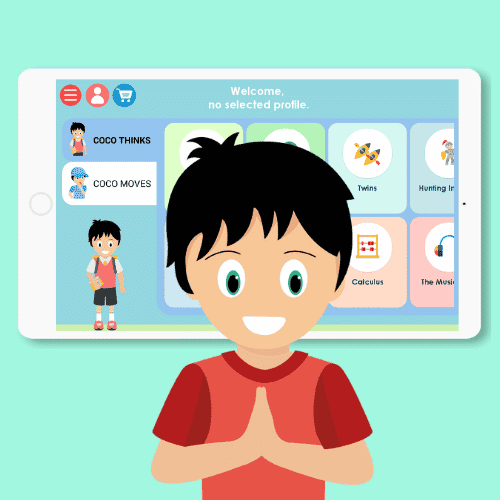
A version for children from 5 to 10 years old, with adapted educational games as well as a sports break to teach a measured use of screens and to take a break to return more serenely to educational activities.
CLINT
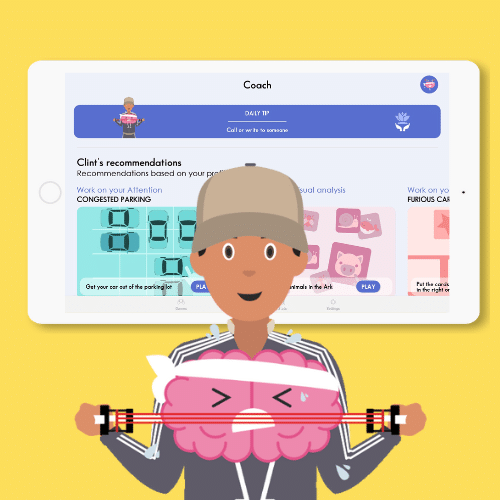
A version for adults with mild disorders, to work all his cognitive functions in everyday life.
Discover more than 30 cultural and adapted games.
SCARLETT
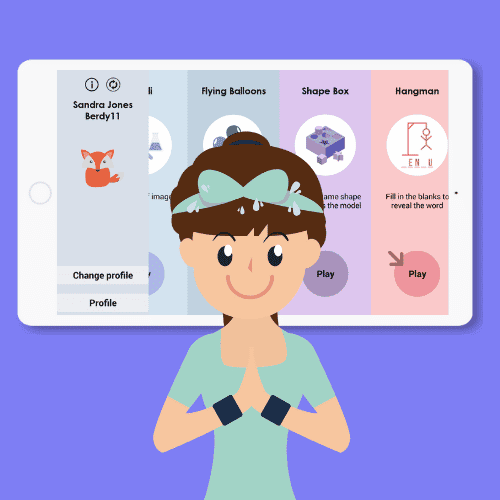
A version for seniors and adults with advanced cognitive disorders (such as Alzheimer’s, Parkinson’s…).
Easy games, to encourage players in their brain training.
Other articles you might be interested in:
What is inhibition?
Inhibition is a complex cognitive process that allows us to suppress or control our impulses, emotional and behavioral...
What is procedural memory?
Procedural memory is one of the most fascinating types of memory in existence. It stores the habits, skills and body...
Cognitive flexibility: what is it and how to improve it?
Cognitive flexibility is an important aspect of our brain that allows us to adapt to new and changing situations. It...
